5G 2020 Apple iPhone 12 series could use up to 30% less power thanks to the A14 Bionic chip
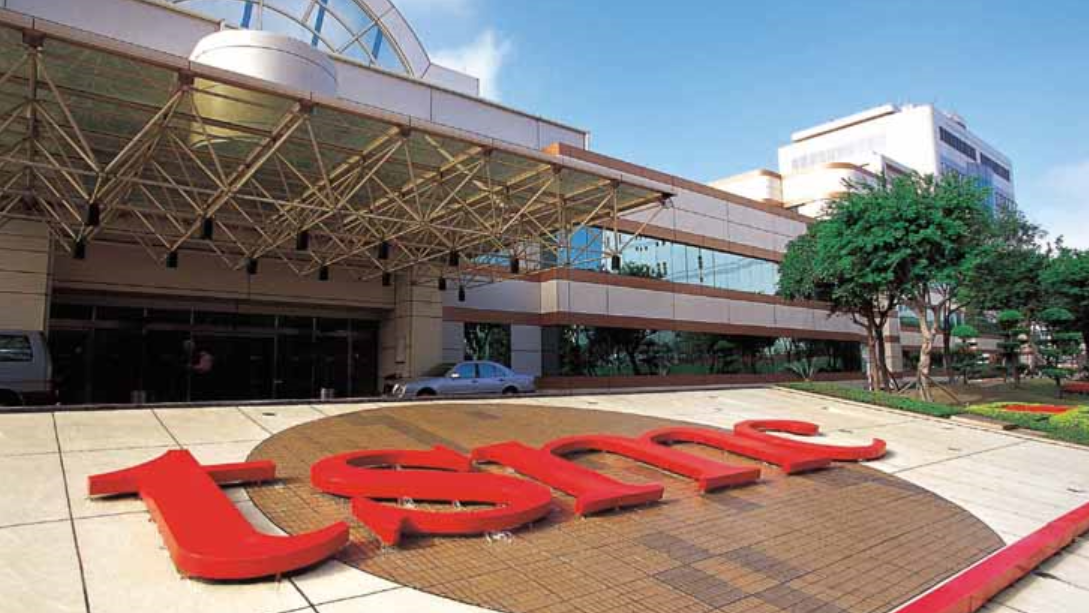
Taiwan Semiconductor Manufacturing Company (TSMC) is the world's largest independent foundry. That means that the company manufactures chips for clients based on submitted designs. In other words, Apple designs its A14 Bionic chip but doesn't own a fabrication facility (in chip lingo, Apple is considered to be fabless-most phone manufacturers are).
So the company pays TSMC to produce the component; Apple is the foundry's number one customer with Huawei second. That will change as TSMC says that it will follow the new U.S. export rules that will prevent the firm from shipping chips to the Chinese manufacturer.
- iPhone 13: price, release date, features, and specs
TSMC explains what we could see from Apple's A14 Bionic chipset this year
This year, there is some excitement about the A14 Bionic chip that will power the 2020 5G iPhone 12 line. TSMC has built the chips using its 5nm process node compared to the 7nm node used to make recent Apple chips. The smaller the node number, the larger the number of transistors that fit inside a chip and that makes the component more powerful and energy-efficient. For example, the A14 Bionic will have 15 billion chips inside compared to the 8.5 billion that are employed by the A13 Bionic SoC; that works out to a 76% increase. Apple can also improve battery life on the new phones by optimizing iOS.
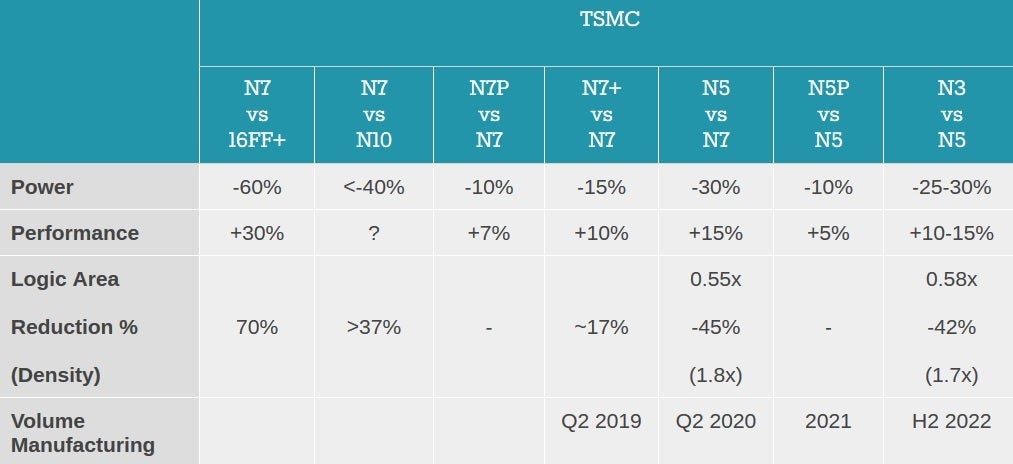
TSMC's 5nm chips could allow devices to use 30% less power or run up to 15% faster
Today, TSMC held its annual Technology Symposium and AnandTech published a chart that reveals some of the improvements we might see with the A14 Bionic this year. Compared to the current A13 Bionic, the new chip will offer as much as a 30% improvement in energy efficiency or run up to 15% faster. Apple could be counting on the A14 Bionic's big improvement in energy use to make up for the downsizing in battery capacities expected to take place with this year's models. While it is unclear whether Apple will offer a faster refresh rate for the displays on the new phones, just adding support for 5G connectivity alone could tax the batteries on the 2020 units.
TSMC also noted that its next 5nm node, which it calls N5P, will undergo volume manufacturing sometime next year. Compared to the 5nm process being used this year, N5P is expected to deliver up as much as a 10% hike in energy-efficiency or a 5% improvement in performance.
The foundry also indicated that it could start volume manufacturing of 3nm chips during the second half of 2022. Compared to the 5nm chips that TSMC is pushing out this year, power savings of as much as 30% or performance hikes of up to 15% might be experienced.
Eventually, though, we will come to the end of the road for Moore's Law. This is the observation made in the 1960s and revised in the 70s by Intel co-founder Gordon Moore. More noted that the transistor density on chips doubles every other year. While this hasn't been perfectly adhered to recently, new and innovative technologies are going to be needed to improve the performance and energy consumption of smartphones in the future.
The Apple iPhone 12 series could be the first smartphones to be powered by a 5nm chip. Huawei's Mate 40 series could be next using a 5nm Kirin chip designed by Huawei's HiSilicon unit. Next year though, things might be difficult for Huawei. This year, the U.S. changed an export rule and now any foundry that uses U.S. based technology to produce chips must obtain a license from the U.S. government before shipping chips to Huawei. Besides needing the component for its smartphones, the company uses them for its networking equipment including 5G base stations.
Follow us on Google News






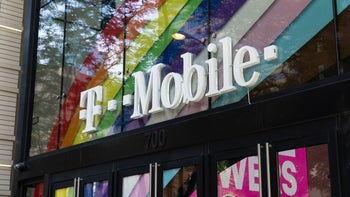


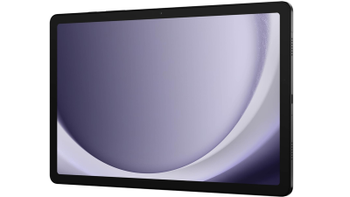
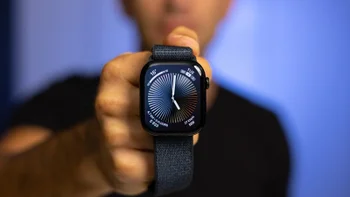
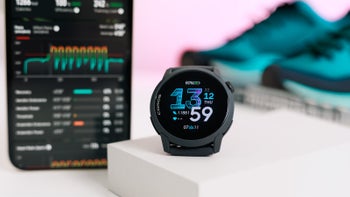
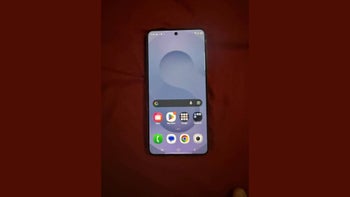
Things that are NOT allowed:
To help keep our community safe and free from spam, we apply temporary limits to newly created accounts: